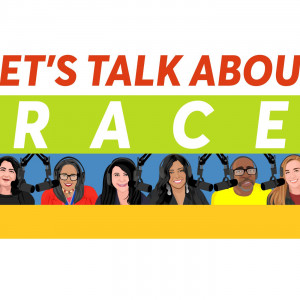
Journalist Roundtable Topic: Critical Race Theory - What is it and why is it being banned.
LTAR deconstructs and explains Critical Race Theory with the voices of our panel, the voice of the Late Dr. Derrick Bell - who was part of a group of legal experts and scholars who developed the concept of CRT: racism and white supremacy are regular, commonplace aspect of life in America.
We are joined in this discussion with Mary Li, Director of the Multnomah Idea Lab, a think tank in Portland.
CRT gives us the vocabulary to understand how our power structures in America operate and why disparities in education, health, wealth and power continue to challenge our idealistic notions of equality and opportunity.
Critical race theory is an academic framework centered on the idea that racism is systemic, and not just demonstrated by individual people with prejudices. The theory holds that racial inequality is woven into legal systems and negatively affects people of color in their schools, doctor's offices, the criminal justice system and countless other parts of life.
Most efforts to stop the teaching of systemic racism have played out in state legislatures, at least a dozen of which have taken up the issue in recent months. Republican-led legislatures in Arkansas, Idaho, Tennessee, Texas and Oklahoma have passed bans, with some restricting the teaching of critical race theory in public colleges, in addition to lower-level classroom.
The American Civil Liberties Union characterized the bans as an attempt to silence teachers and students and impose a version of American history that erases the legacy of discrimination and lived experiences of Black and Brown people.
Our country needs to acknowledge its history of systemic racism and reckon with present day impacts of racial discrimination.
Originally released on 05-30-2021



